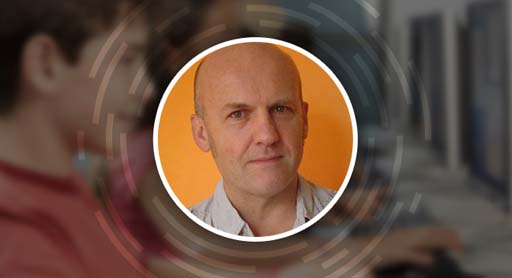3 The strengths of new technology
In the following audio, educational psychologist Paul Howard-Jones offers his views on the impact of gaming on children’s development. He joins Daphne Bavelier in being more of an optimist. In particular, he focuses on how technology can help to shape the neural connections in the brain and strengthen the acquisition of new skills.
Transcript
Do you agree with his views?

